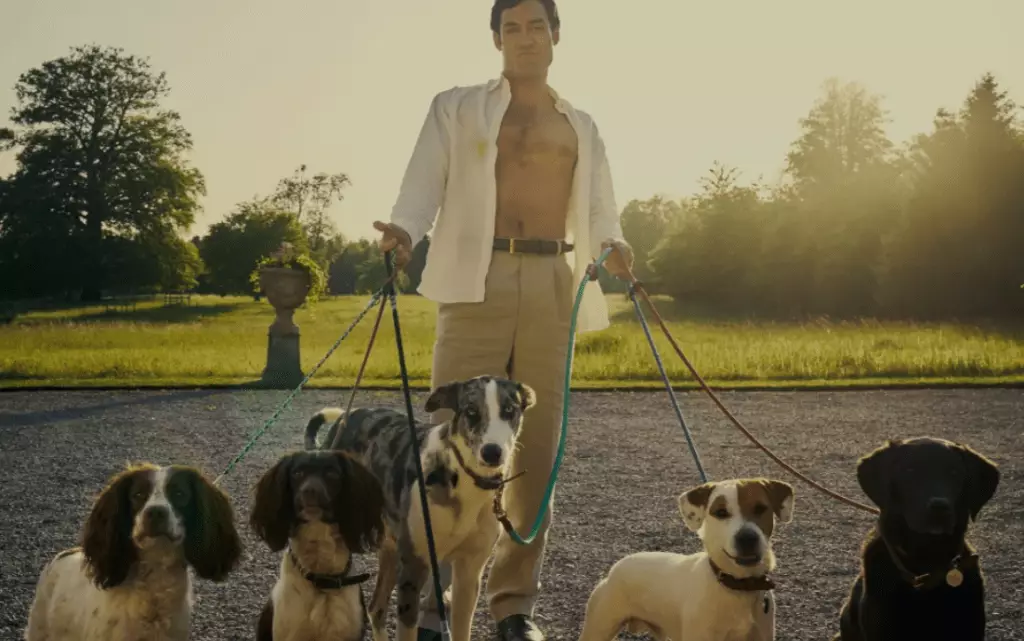In the realm of television, the snobbery that exists among industry professionals often overshadows creativity and the potential for diverse storytelling. This tradition of elitism frequently leads to the dismissal of shows that, although they may not align with highbrow expectations, resonate deeply with audiences. A recent example of this is the conflicting viewpoints surrounding Disney+’s hit series, *Rivals*, based on Jilly Cooper’s popular novel. The series has sparked a dialogue not just about its content but the broader implications of media outlook on certain genres.
Sir Colin Callender’s Dissent
At a Broadcasting Press Guild event, Sir Colin Callender, an influential producer known for his work on high-class dramas like *Wolf Hall*, openly criticized *Rivals*. He raised thought-provoking questions about the essence of what makes a show valuable—querying whether a significant conceptual foundation underlines the narrative, if it bears relevance to contemporary audiences, and, importantly, if it transcends the use of clichés. Callender’s perspective reflects an ongoing divide in television ideology—where commercial success often clashes with artistic integrity.
Despite his criticisms, it’s crucial to consider Callender’s standpoint as a reflection of a larger trend where certain themes and subject matter are deemed unworthy of exploration. His assertion that *Rivals* does not meet his standards for emotional depth or narrative significance underscores a possible oversight in the industry. While his concerns are legitimate from an artistic standpoint, they may also dismiss the very real enjoyment that shows like *Rivals* provide to viewers seeking distraction from the harsh realities of the world.
Success in Popular Entertainment
Dominic Treadwell-Collins, the producer behind *Rivals*, has recounted the initial reception to his pitch—characterized by skepticism from key networks, including the BBC and ITV. Their disdain for the potential adaptation was palpable, with reactions that suggested a level of disdain for Cooper’s work. This anecdote reveals a hierarchical approach to storytelling where certain narratives are elevated over others, potentially alienating a segment of viewers who seek relatable or entertaining content that might not be considered “high art.”
Interestingly, the success of *Rivals* might stem from a collective yearning among audiences to escape the relentless tide of serious current events. Callender’s reflection on this desire to “look away” indicates a potential role for lighter dramas in today’s media landscape. The phenomenon of audiences gravitating towards escapist entertainment has never been more acute, especially in an era defined by uncertainty and chaos.
The dissonance between what is celebrated in the elite circles of television and what captures the hearts of mainstream audiences serves as a reminder of the importance of inclusivity in storytelling. Both highbrow and popular narratives have their places in the vast television landscape. Acknowledging the entertainment value of shows like *Rivals* could open up opportunities for more varied programming that speaks to different segments of the audience. In the end, the question arises: is it time for a more democratic approach to what defines worthwhile television? A culture that embraces both the profound and the frivolous may lead to a richer, more colorful discourse around media, ultimately benefiting all stakeholders involved.

